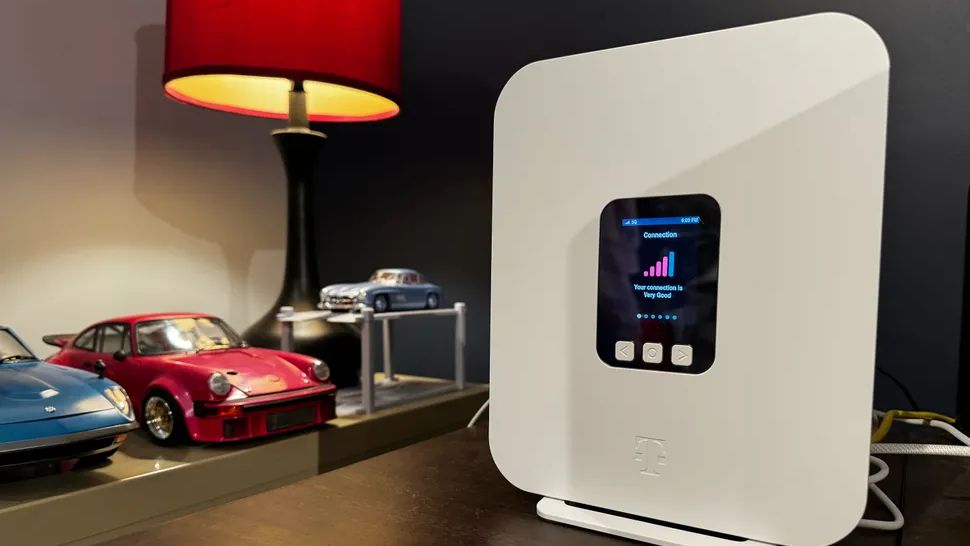
Companies are racing to get imported goods shipped before tariffs take effect, causing the trade deficit to soar.
James Martin/CNETThe trade deficit soared to a record $140.5 billion in March as businesses tried to stock up on import shipments ahead of President Donald Trump's tariffs, which are expected to spur higher prices for a wide range of consumer products.
The gap between imported and exported goods rose $17.3 billion from $123.2 billion in February, according to the US Bureau of Economic Analysis monthly report, released May 6.
With Trump's pause on reciprocal tariffs set to expire in July, businesses have been scrambling to ensure they have enough product in stock before double-digit tariffs take effect. After that stock runs out, companies will need to pay more for products made outside the US, and those costs will almost definitely get passed along to consumers. Tariffs on goods from China are already hitting -- China's total tariff rate is currently 145% -- and prices for some products have already risen as much as 377%.
White House spokesman Kush Desai responded via email to CNET's request for a reaction to companies seemingly stocking up on products before tariffs take effect.
"The Trump administration's policies are delivering much-needed economic relief for everyday Americans while laying the groundwork for a long-term restoration of American greatness," he said. "The data is clear: Two March inflation reports showed no monthly price hikes, and gross domestic investment shot up 22% as companies continue to make trillions in historic investment commitments to make in America."
What imports did companies stock up on?
Among the biggest hikes in imports were pharmaceutical goods (increased $20.9 billion), passenger cars ($2.1 billion) and computer accessories ($2.0 billion).
Some companies have already made strategic moves to avoid the worst of the triple-digit tariffs on goods from China. In March, Apple shipped nearly $2 billion worth of iPhones from India, which was reprieved temporarily from its 26% reciprocal tariff but is still subject to a 10% tariff on all imports. Apple CEO Tim Cook told investors last week that his company is moving all US iPhone assembly to India.
Should you stock up?
While it's unclear when prices could rise -- and by how much -- experts warn not to panic buy. If you were already planning to make a big purchase and you can make the purchase without going into debt, now could be a good time to buy.
We're tracking real-world impacts of tariffs on popular tech products with our tariff pricing tracker.
Why does the trade deficit matter?
A trade deficit means we're buying more goods from other countries than we're selling abroad. That's not necessarily a bad thing -- if another country has the resources to produce a product cheaper than we can produce it here, we can save money by buying an imported good.
However, the March surge in the trade imbalance is due to companies scrambling to import products after Trump announced -- then paused -- his "Liberation Day" tariffs at the beginning of April. After the stock market tanked, he delayed the majority of his reciprocal tariffs for 90 days to negotiate new trade deals.
In an effort to get as many products at a cheaper price into the US before those tariffs take effect, companies have bought more imports, which increased the trade deficit and contributed to the US economy's contraction in March.

Tiffany Wendeln Connors is a senior editor for CNET Money with a focus on credit cards. Previously, she covered personal finance topics as a writer and editor at The Penny Hoarder. She is passionate about helping people make the best money decisions for themselves and their families. She graduated from Bowling Green State University with a bachelor's degree in journalism and has been a writer and editor for publications including the New York Post, Women's Running magazine and Soap Opera Digest. When she isn't working, you can find her enjoying life in St. Petersburg, Florida, with her husband, daughter and a very needy dog.









 English (US) ·
English (US) ·